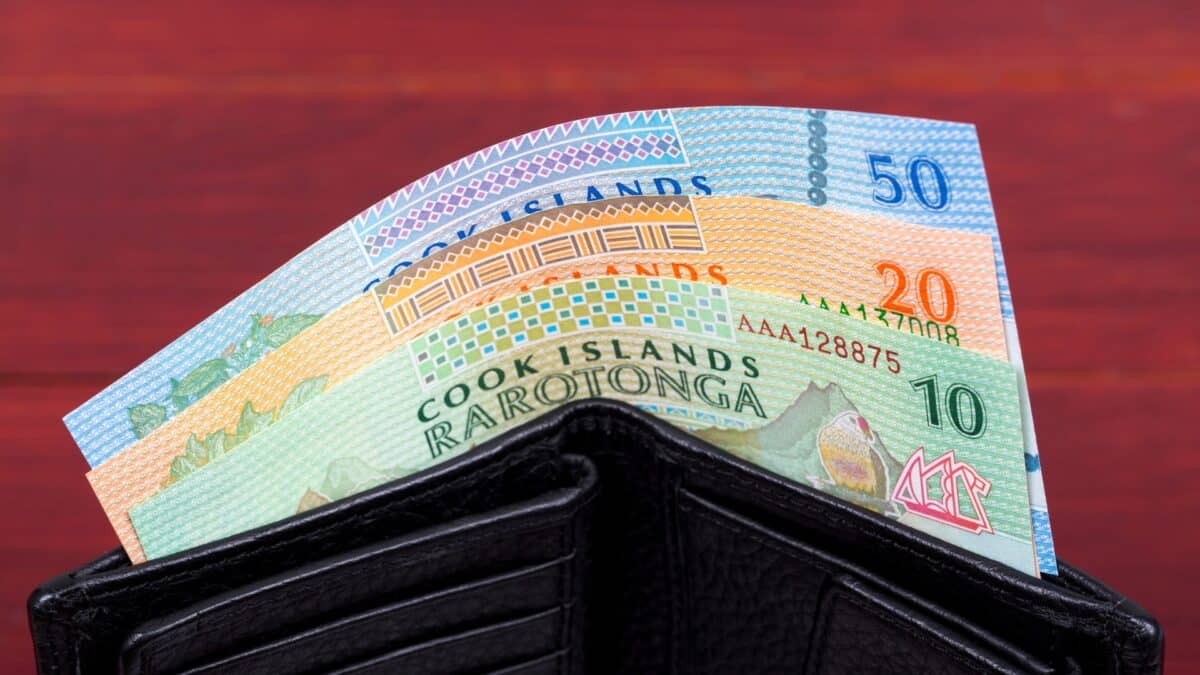As Sweden rolls back its push toward a fully cashless economy, Australia is confronting its own digital tipping point. Lawmakers and consumer advocates are raising concerns that the country’s rapid shift to electronic payments could leave vulnerable Australians behind. Amid rising bank branch closures and declining ATM access, there is mounting pressure on the federal government to legislate a “right to pay in cash.”
A bill expected to be introduced later this year would enshrine the legal right for Australians to use physical currency when paying for essential goods and services. The proposal has gained momentum following international developments, including Sweden’s central bank calling for legislation that guarantees consumers can use cash to buy food, medicine, and healthcare—regardless of digital payment options.
Concerns Over Access and Digital Reliability
In Australia, the number of ATMs has dropped by nearly 60% since 2017, and many rural and regional communities report limited or no access to cash withdrawal services. The Finance Sector Union (FSU) has warned that continued bank branch closures further isolate these communities and undermine financial inclusion. Advocates argue that without legal protections, Australians who are elderly, disabled, or living in remote areas risk being shut out of basic economic participation.
The growing dependence on electronic payments also raises questions about what happens during system outages or cyberattacks. Experts have pointed to major service disruptions in Europe as evidence that digital-only systems are vulnerable. These risks are prompting governments globally to reassess the role of cash as a backup in times of crisis—particularly when power or network infrastructure fails.
Calls for Urgent Legislative Action
Consumer groups and some members of Parliament are now calling for urgent action to protect access to cash across the country. They argue that while digital innovation has improved convenience, it must not come at the cost of excluding entire segments of the population. A proposed “right to pay in cash” law would require businesses selling essential goods or services—like groceries and healthcare—to accept physical currency by default.
Gerard Brody, CEO of the Consumer Action Law Centre, said the decline of cash acceptance is already affecting vulnerable consumers. “We hear from people who are turned away at the checkout just because they want to use notes and coins,” Brody told. “A minimum safeguard is needed to ensure people have the choice.”
The debate in Australia is unfolding as other nations reconsider earlier efforts to eliminate cash. Sweden, once projected to be fully cashless by 2025, has now recommended keeping physical money in circulation to ensure payment security and system resilience. The Dutch central bank recently advised citizens to carry emergency cash, citing infrastructure vulnerabilities that could interrupt digital payments.









